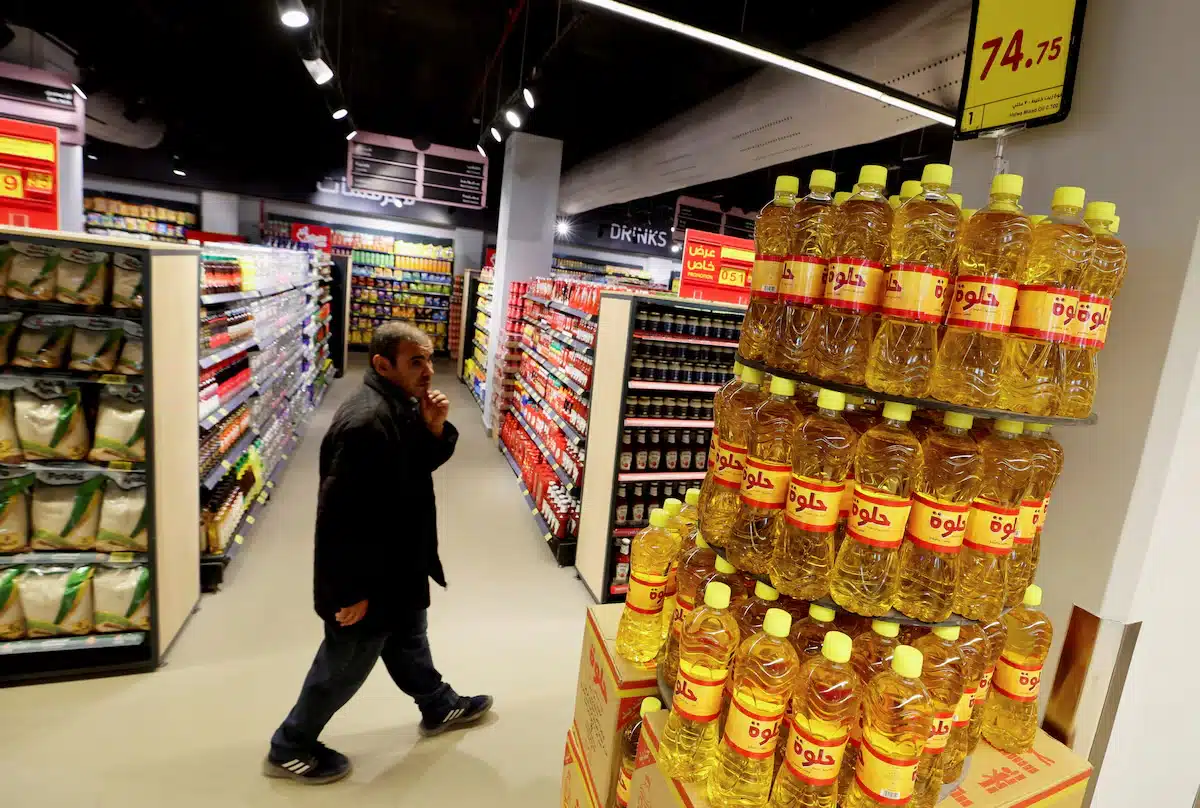Business activity in Nigeria fell to a seven-month low in June 2025, despite continued declines in inflation, according to the latest Purchasing Managers’ Index (PMI) from Stanbic IBTC Bank.
The headline PMI dropped to 51.6 in June from 52.7 in May — the lowest reading this year in the current growth sequence. Although the PMI remained above the 50.0 threshold, indicating continued expansion, the pace of growth slowed by 2.08%. A PMI above 50.0 signals an improvement in business conditions, while a reading below reflects deterioration.
“The rate of output growth eased particularly sharply, slowing for the second month running to a seven-month low,” the report said. The data showed that the slowdown was largely driven by a contraction in manufacturing output, even as other sectors — including services, construction, and retail — continued to expand.
The index, which measures private-sector performance, is based on a survey of 400 companies across five key sectors: agriculture, manufacturing, services, construction, and retail.
It aggregates five components: new orders (30%), output (25%), employment (20%), suppliers’ delivery times (15%), and stock of purchases (10%). Supplier delivery times are inverted to reflect improvement when delivery speeds up.
Despite the broader slowdown, new business continued to rise in June, although at a weaker pace, marking the slowest growth in five months. Firms attributed the increase to improved demand and the acquisition of new customers.
Inflation eases, but cost pressures persist
The report noted that purchase costs continued to rise sharply, driven by currency pressures and elevated input costs. However, the rate of input price inflation eased to a 25-month low, supported by a relatively stable naira-dollar exchange rate and lower fuel costs since December.
Data from the National Bureau of Statistics (NBS) corroborated this trend, with Nigeria’s headline inflation slowing for a second straight month to 22.97% in May 2025, down from 23.71% in April.
Firms also reported a slowdown in output price increases — the softest rate in over two years — as businesses passed fewer costs onto customers amid easing input inflation. However, staff costs bucked the trend, rising at a faster pace in June.
Business confidence hits near three-year high
Despite the moderation in activity, business confidence improved sharply. Sentiment among firms rose to its highest level since August 2022, with the future output index jumping to 83.9 points in June, up from 70.9 in May — a significant rebound toward the long-run average of 89.4 points.
“Survey participants linked this renewed optimism to expectations that sufficient funding would be available to support business expansion and operational improvements,” said Muyiwa Oni, head of equity research (West Africa) at Stanbic IBTC Bank.







